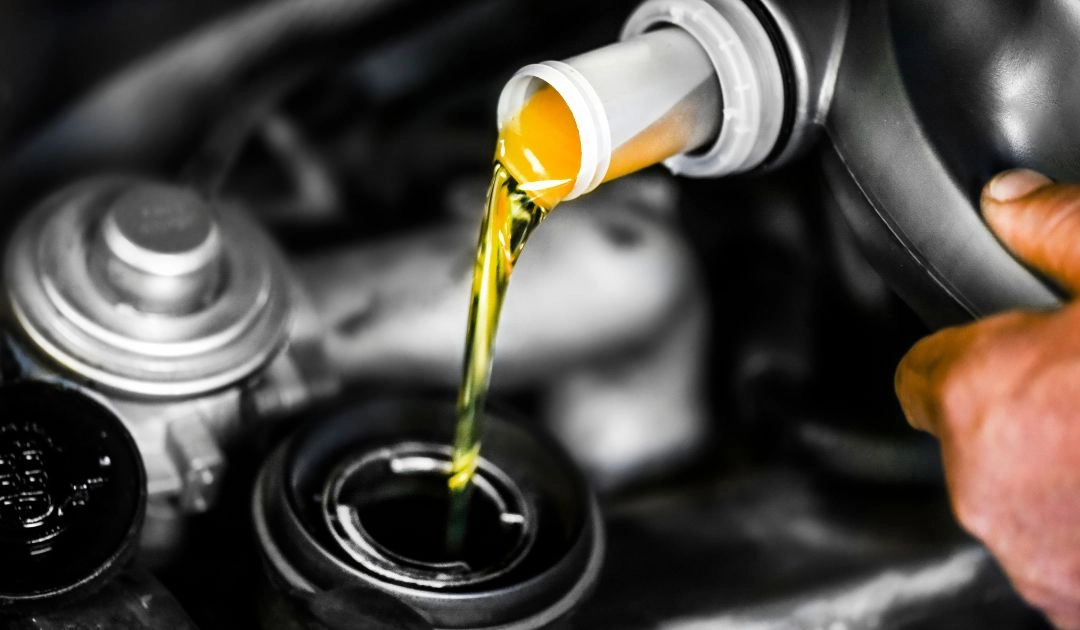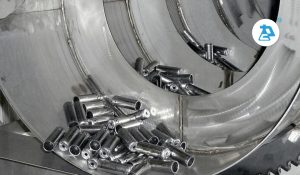People most certainly choose the engine oil that is recommended by their vehicle manufacturers and meets the API (American Petroleum Institute) service requirements of the vehicle. Selection of appropriate engine oil and understanding of what makes it a good quality fluid is of utmost importance for customers since that will decide the performance of your engine and how often you got to invest in maintenance costs.
Usually, a superior grade engine oil will ensure that the maintenance is cost-effective and delivers optimal performance. Some common benefits of selecting the premium oil engine are :
- Maintains Engine Performance: Good quality engine oil provides better lubrication, reducing friction between moving parts and helping to maintain engine performance.
- Extends Engine Life: Engine oil helps to protect your engine from wear and tear, rust and corrosion, and deposits. By choosing the right quality engine oil, you can extend the life of your engine and avoid costly repairs.
- Improves Fuel Efficiency: Engine oil that provides good lubrication and reduces friction can improve fuel efficiency, helping you to save money on fuel costs.
- Reduces Emissions: Good quality engine oil can help to reduce emissions by improving engine performance and reducing deposits.
- Guarantees Safety: Engine oil that is able to perform well in a variety of conditions and temperatures helps to ensure that your engine runs smoothly and safely, reducing the risk of breakdowns and costly repairs.
Going for a poor quality engine oil or an inappropriate one will have the exact opposite effect of these. Moreover, not all great oils are applicable to every kind of engine. There are more criteria to think about apart from the commonly judged viscosity grade of engine oil.
Which factors should be considered to determine the quality of engine oil?
- Viscosity Index: The viscosity index is basically a measure of the oil’s ability to maintain viscosity over a range of temperatures. A higher viscosity index means that the oil will remain thicker and more effective at lower temperatures.
- Anti-Wear Additives: Engine oils have a mixture of additives that reduce wear and tear on engine components. Check out the oils with high levels of anti-wear additives, such as zinc and phosphorus, which help to protect your engine from damage.
- Detergent Additives: These types of additives help to keep the engine clean by removing deposits and contaminants. Make sure that the engine oil you choose has sufficient detergent additives to keep your engine running smoothly.
- Rust and Corrosion Inhibitors: These additives protect the metal parts of your engine from rust and corrosion, which can cause damage over time.
- API (American Petroleum Institute) Service Rating: This is a rating system that classifies engine oils based on their viscosity, volatility, and performance. Look for the API “starburst” symbol on the oil container, which indicates that the oil meets the API’s standards.
Methods to Test Engine Oil Quality
- Viscometer Test: This test measures the oil’s viscosity, or its resistance to flow, at different temperatures. High-quality engine oil should maintain its viscosity within a specific temperature range.
- Infrared Spectroscopy: This test measures the chemical composition of the oil and can detect contaminants, oxidation, and other chemical changes that can affect the oil’s performance.
- Four-Ball Wear Test: This test measures the oil’s ability to prevent wear on metal surfaces. It involves placing three metal balls against a fourth ball, which is held in place. The amount of wear on the fourth ball after a specified time period indicates the oil’s ability to reduce wear.
- Oxidation Stability Test: This test measures the oil’s ability to resist oxidation, or chemical breakdown, over time. It involves heating the oil for a specified time period and then measuring the number of byproducts produced.
- Deposits and Contaminants Test: This test measures the level of deposits and contaminants in the oil, such as dirt, metal particles, and sludge. High-quality engine oil should have low levels of deposits and contaminants.
You should always go for the engine oil according to the standards of your vehicle and stay updated on what is new in the market as well for better comparison. Be aware of the packaging that does not showcase any classification marks on the oil container. Reputable and credible manufacturers will always certify their oil according to at least one of the systems. Supergen engine oils have always maintained this systematic approach and are hence trusted by the customers. We are in touch with the advances of the industry and ensure that you get the best quality engine oil for the top-notch performance of your vehicle. To know more about our products, click here and feel free to send in your inquiries or feedback, in case you are one of our customers. We are waiting to hear from you!





